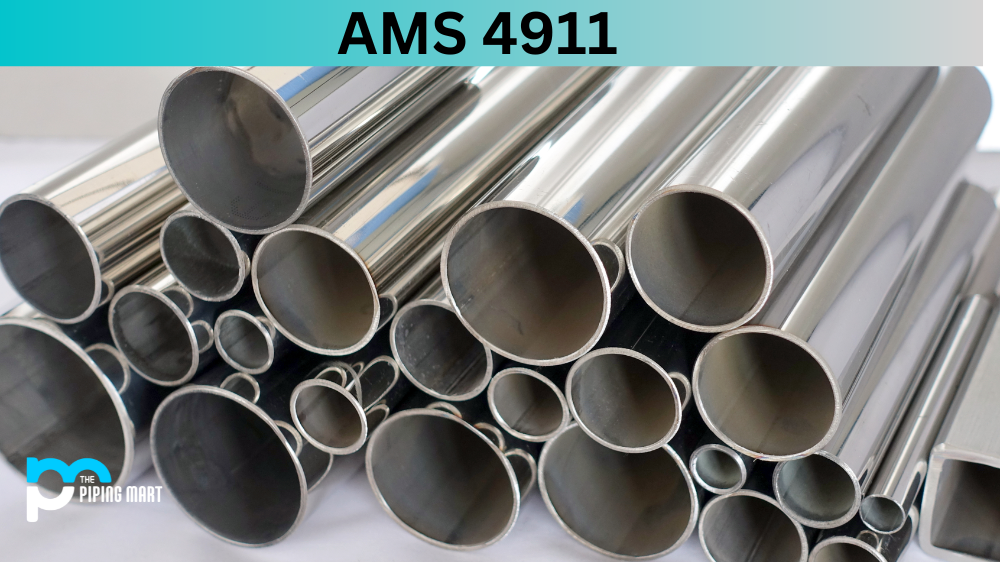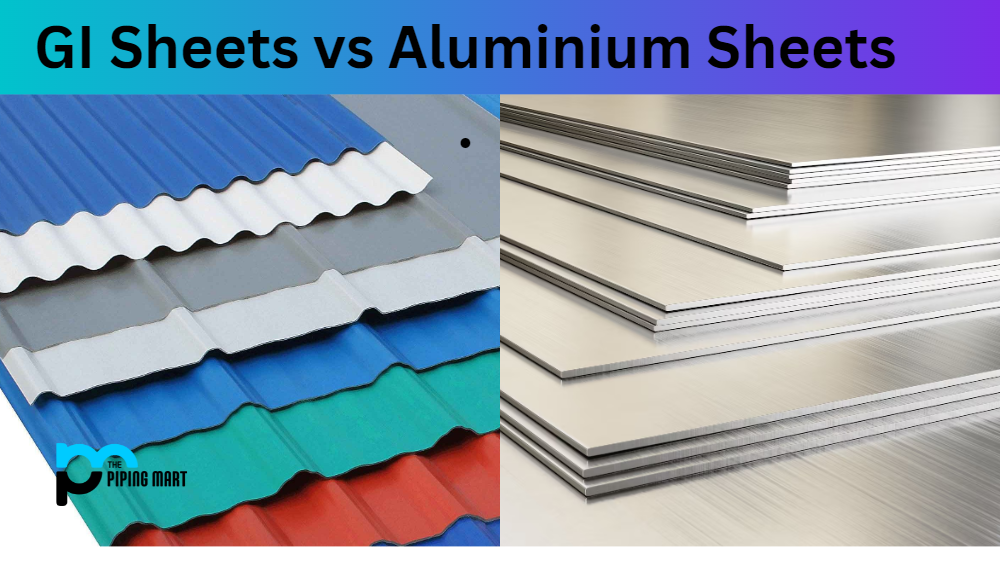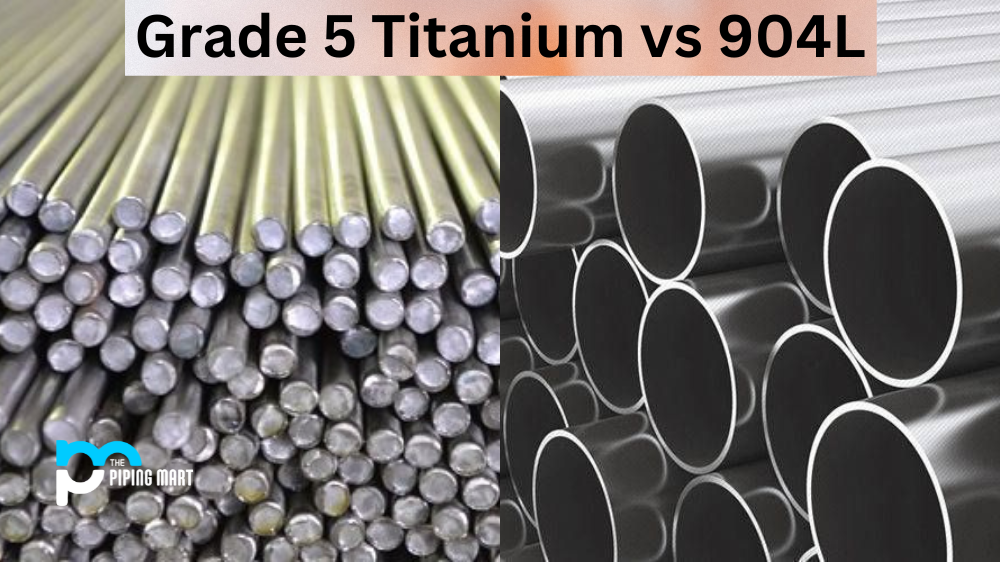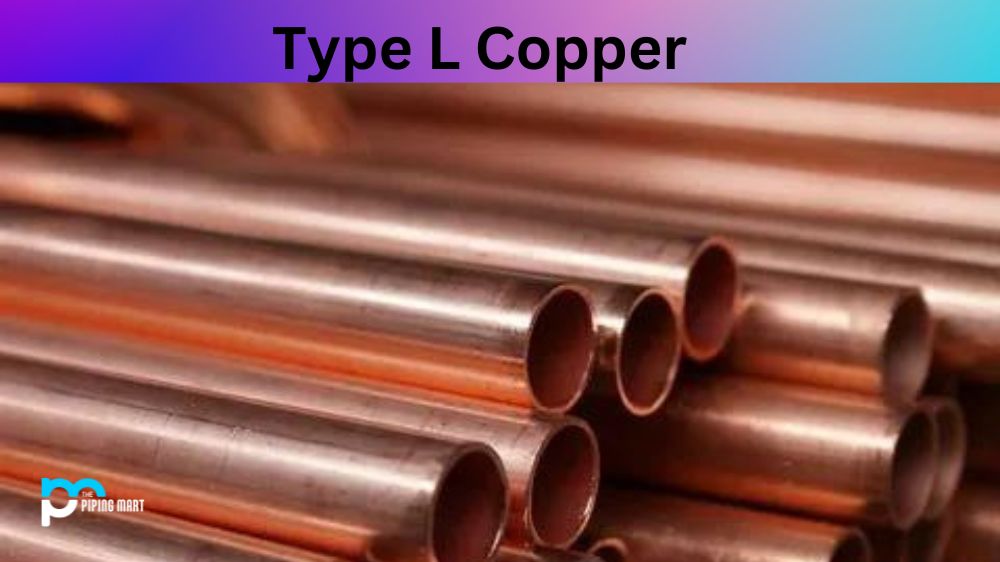Regarding high-strength engineering applications, the aerospace industry, medical devices, and automotive manufacturing companies often rely on advanced materials like titanium alloys. One such titanium alloy is AMS 4911, also called Ti-6Al-4V Grade 5. This alloy is known for its excellent strength-to-weight ratio, corrosion resistance, and biocompatibility, making it an ideal choice for various applications. In this blog post, we’ll dive deeper into the composition, physical properties, mechanical properties, and uses of AMS 4911.
What is AMS 4911?
AMS 4911 (also known as Titanium Grade -5 Alloy) is a specification for the use of titanium in the aerospace industry. This specification sets standards for the chemical composition and mechanical properties of titanium that is used in aircraft components. Titanium is a valuable material for the aerospace industry because of its strength, lightweight, and resistance to corrosion. AMS 4911 helps ensure that titanium is used effectively and safely in aircraft, providing peace of mind to those who rely on these machines for transportation and exploration. Without this specification, the use of titanium in aerospace would be less regulated and potentially more dangerous. Understanding and following AMS4911 is important for anyone involved in aircraft design, manufacture, or maintenance.
What Form is AMS 4911 Available at Piping Mart?
- Bolts
- Pipes
- Tubing
- Valves
AMS 4911 Composition
AMS 4911 is composed of 6% aluminium, 4% vanadium, and 90% titanium. These elements combine to form an interstitial alpha-beta alloy with high strength, low density, and excellent corrosion resistance. The small amounts of aluminium and vanadium provide additional strength and stiffness, while titanium forms most of the alloy and gives it its lightweight and corrosion-resistant properties.
|
|
Content |
|
C |
<0.08% |
|
Fe |
<0.25% |
|
N2 |
<0.05% |
|
O2 |
<0.2% |
|
Al |
5.5-6.76% |
|
V |
3.5-4.5% |
|
H2(sheet) |
<0.015% |
|
H2(bar) |
<0.0125% |
|
H2(billet) |
<0.01% |
|
Ti |
Balance |
AMS 4911 Physical Properties
The physical properties of AMS 4911 include a density of 4.43 g/cm^3, a melting point of 1,645°C (2,993°F), and a thermal conductivity of 7.95 W/mK. The alloy has a high strength-to-weight ratio, making it ideal for applications where weight is critical. It also exhibits good electrical conductivity and is non-magnetic.
|
Property |
Typical Value |
|
Density g/cm3 (lb/ cu in) |
4.42 (0.159) |
|
Melting Range °C±15°C (°F) |
1649 (3000) |
|
Specific Heat J/kg.°C (BTU/lb/°F) |
560 (0.134) |
|
Volume Electrical Resistivity ohm.cm (ohm.in) |
170 (67) |
|
Thermal Conductivity W/m.K (BTU/ft.h.°F) |
7.2 (67) |
|
Mean Co-Efficient of Thermal Expansion 0-100°C /°C (0-212°F /°F) |
8.6×10-6 (4.8) |
|
Mean Co-Efficient of Thermal Expansion 0-300°C /°C (0-572°F /°F) |
9.2×10-6 (5.1) |
|
Beta Transus °C±15°C (°F) |
999 (1830) |
AMS 4911 Mechanical Properties
The mechanical properties of AMS 4911 are impressive, with a tensile strength of 1,050 MPa (152,000 psi) and a yield strength of 880 MPa (128,000 psi). It also boasts a high fatigue strength and excellent toughness, making it ideal for high-stress applications. The alloy has good ductility and can be easily formed, welded, and machined. Additionally, it has a low modulus of elasticity, which reduces stress concentrations and minimizes the risk of fatigue failures.
|
Property |
Minimum |
Typical Value |
|
Tensile Strength MPa (ksi) |
897 (130) |
1000 (145) |
|
0.2% Proof Stress MPa (ksi) |
828 (120) |
910 (132) |
|
Elongation Over 2 Inches % |
10 |
18 |
|
Reduction in Area % |
20 |
|
|
Elastic Modulus GPa (Msi) |
|
114 (17) |
|
Hardness Rockwell C |
|
36 |
|
Specified Bend Radius <0.070 in x Thickness |
|
4.5 |
|
Specified Bend Radius >0.070 in x Thickness |
|
5.0 |
|
Welded Bend Radius x Thickness |
6 |
|
|
Charpy, V-Notch Impact J (ft.lbf) |
|
24 (18) |
AMS 4911 Uses
AMS 4911 valves is widely used in the aerospace industry, specifically for aircraft engine components, landing gear, and structural parts. It is also used in manufacturing medical devices, such as orthopaedic implants because it is biocompatible and does not react with bodily fluids. The automotive industry also utilizes this alloy for racing car parts, as it can withstand high temperatures and stress. Other applications include marine and military equipment and sports equipment such as golf clubs and bicycle frames.
AMS 4911 Hardness
AMS 4911 has a Rockwell hardness rating of B95, which indicates that it is a relatively hard material. The alloy’s hardness can be further increased through age-hardening, which involves heating the material to a specific temperature and then cooling it rapidly. This process can enhance the alloy’s mechanical properties and improve its wear resistance.
AMS 4911 Heat Treatment
Heat treatment can also change the properties of AMS 4911. The alloy can be solution-treated, which involves heating it to a specific temperature, holding it at that temperature, and cooling it quickly. This process can improve the alloy’s mechanical properties, such as its ductility and toughness. AMS 4911 can also be annealed, which involves heating the material to a lower temperature and holding it there to reduce internal stress.
Conclusion:
Overall, AMS 4911 material is an impressive titanium alloy with excellent strength-to-weight ratio, corrosion resistance, biocompatibility, and mechanical properties. Its unique combination of elements makes it a popular choice among industries that require high-strength materials, such as aerospace, medical, and automotive. Its hardness and heat treatment capabilities make it versatile and ideal for various applications. As research continues to advance in the field of metallurgy, we can expect more materials like AMS 4911 to emerge in the future.

Pipingmart is a B2B portal that specializes in metal, industrial and piping items. Additionally, we share the latest information and information about materials, products and various types of grades to assist businesses that are involved in this business.




